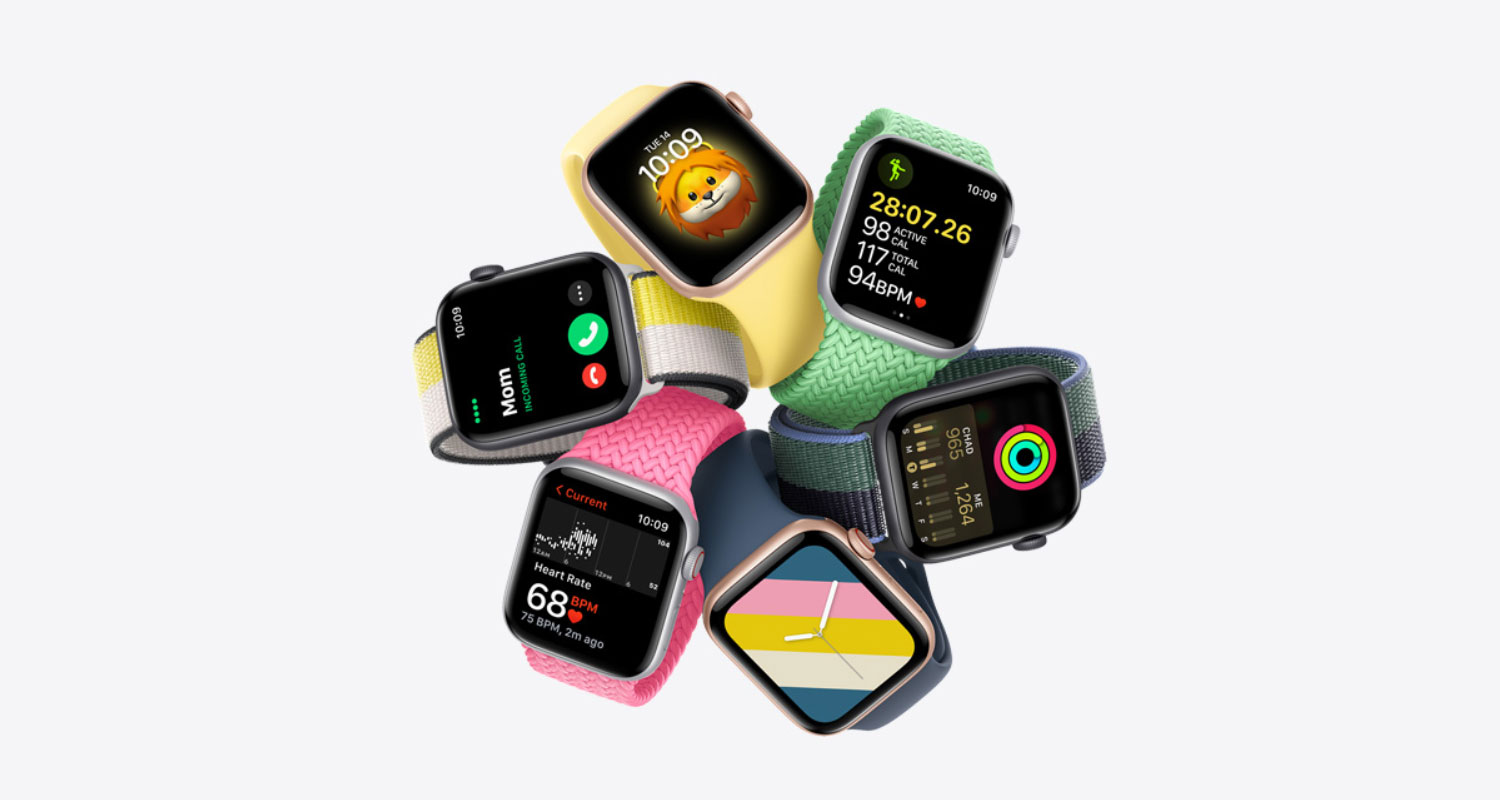
Apple set a 5 June date for the event where it plans to unveil a mixed-reality headset, the first major new product since its smartwatch debuted eight years ago.
The company scheduled its annual Worldwide Developers Conference, better known as WWDC, to kick off on that Monday and run through to Friday, 9 June. It typically uses the first day of the conference to discuss its next-generation platforms and operating systems. This year’s conference will be held as an “all-day experience” at headquarters in Cupertino, California.

“WWDC23 is going to be our biggest and most exciting yet, and we can’t wait to see many of you online and in person at this very special event,” said Susan Prescott, Apple’s vice president of developer relations.
Central to the agenda this time around will be the headset, likely to be dubbed the Reality One or Reality Pro, Bloomberg News has reported. Apple will also showcase the accompanying xrOS operating system and a way for developers to write apps for the device.
The announcement of the conference on Apple’s website features artwork depicting the Apple Park campus, but it doesn’t hint at the coming headset. The company also plans to debut the next versions of its iPhone, iPad, Mac and Apple Watch operating systems at the event. The conference typically ushers in new software features for Apple TVs, AirPods and HomePods as well.
The device’s debut will propel Apple into the world of mixed reality, a still-nascent category that has cost Meta Platforms billions of dollars and has, so far, failed to go mainstream. Apple is seeking to stand out from rivals with a high-end product that may cost around US$3 000 and include many technologies not seen before in consumer devices. The headset will use a combination of eye and hand control, feature an on-board App Store, and offer virtual reality-based FaceTime, 3D versions of core Apple apps and immersive video streaming.
VR and AR
The Apple product will include several external cameras and blend both virtual and augmented reality. That will let users either immerse themselves in their content or flick a dial to simultaneously see their surroundings while using the headset.
Mixed-reality technology from other companies has been slow to catch on, so Apple will have to make a persuasive case for why its approach is superior. WWDC could be an ideal stage for such an announcement, given its pro-Apple crowd and the ample opportunity for developers to explore the technology during the weeklong conference.
Earlier this month, Apple held a series of demonstrations of the new device for what is known as the Top 100, the roughly 100 most important executives at the company.
The event will mark Apple’s first product unveiling of the year, following the postponement of a planned announcement for the headset. Earlier in the year, the company announced new versions of the MacBook Pro, as well as an updated HomePod speaker, without an on-stage event. The company is also planning to unveil new Macs in the coming months, including its first Mac Pro model without Intel processors and a MacBook Air with a larger screen.

The mixed-reality headset may take years to become a hit, but it will serve as another platform for Apple developers to sell their apps and content. The company is planning several features to make the headset integrate with other Apple products, including the Mac and iPhone. That could help push developers to expand their existing software to the new platform. The arrangement also represents an additional revenue opportunity for Apple, which takes a cut of as much as 30% on app sales and subscriptions.
Apple may also use the conference to lay the groundwork for upcoming changes across its operating systems to comply with the Digital Markets Act and other upcoming laws designed to rein in its power. The company is planning for a future version of iOS 17 to support external app stores and more interoperability with third-party services.










